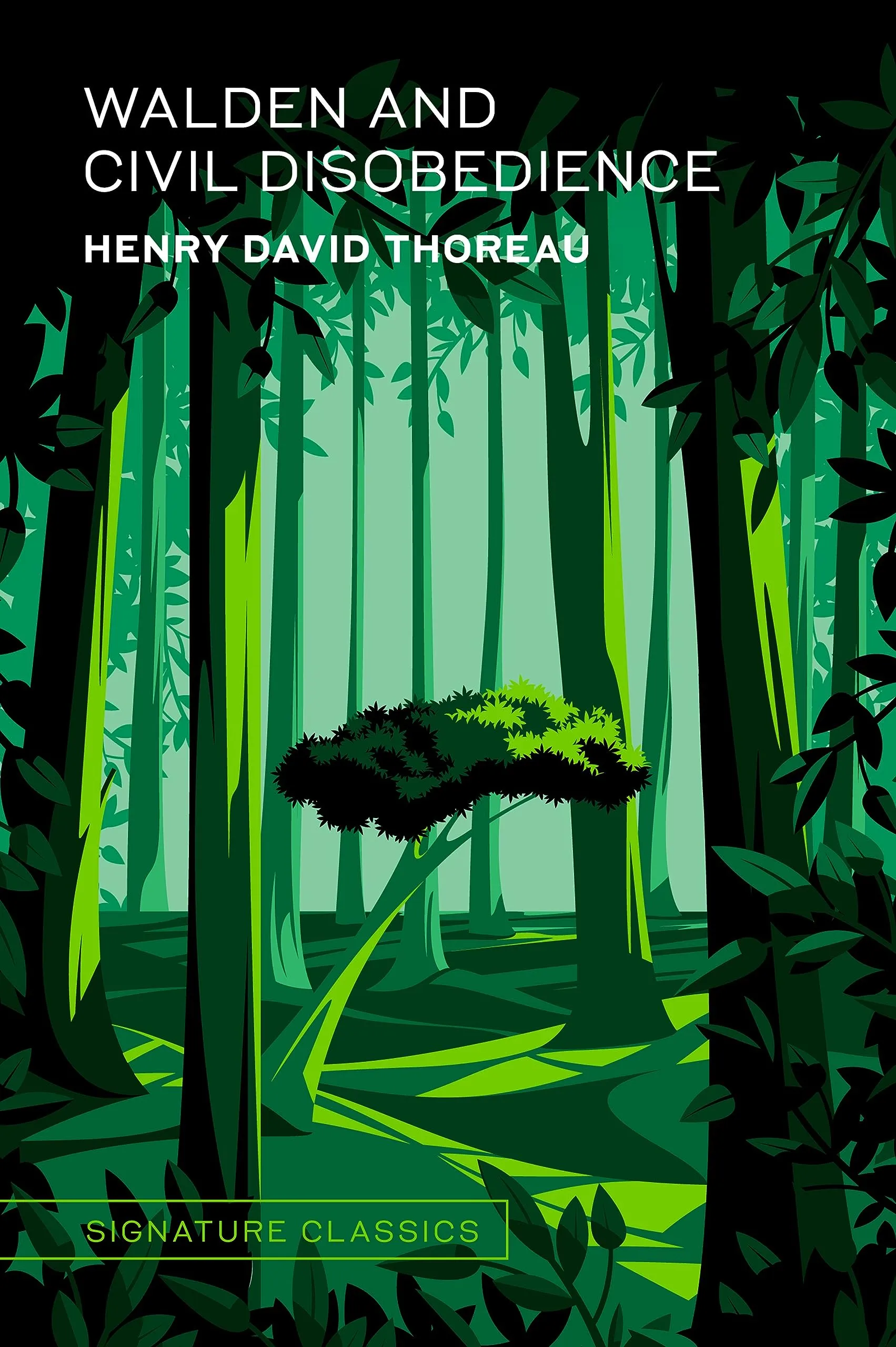Walden and Civil Disobedience
(Author) Henry David ThoreauIn Walden, Thoreau explains how separating oneself from the world of men can truly awaken the sleeping self. Thoreau holds fast to the notion that you have not truly existed until you adopt such a lifestyle--and only then can you reenter society, as an enlightened being. These simple but profound musings--as well as "Civil Disobedience," his protest against the government's interference with civil liberty--have inspired many to embrace his philosophy of individualism and his love of nature. More than a century and a half later, his message is more timely than ever.
Henry David Thoreau
Henry David Thoreau was an American essayist, poet, and philosopher known for his transcendentalist beliefs and writings on nature, simplicity, and civil disobedience. His most notable works include "Walden," a reflection on living a simple life in harmony with nature, and "Civil Disobedience," a call for individual resistance to unjust laws.
Thoreau's writing style is characterized by its introspective and philosophical nature, as well as its vivid descriptions of the natural world. His works have had a lasting impact on environmental literature and the development of the conservation movement. "Walden" remains his most famous work, exploring themes of self-reliance, individualism, and the importance of living deliberately. Thoreau's contributions to literature continue to inspire readers to seek a deeper connection with nature and live more intentionally.






